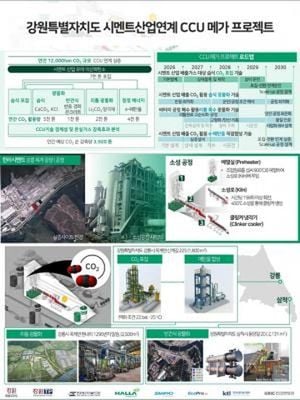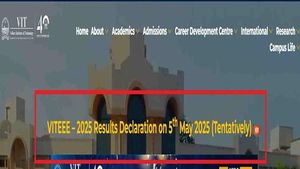On Tuesday, April 29, 2025, a heated session at the Municipal Chamber of São Paulo saw councilwoman Cris Monteiro (Novo) embroiled in controversy after making a statement perceived as racist amidst protests from municipal servants. The session, which was focused on a proposed salary adjustment for municipal workers, became a battleground of conflicting viewpoints, leading to significant unrest among both council members and the public.
During her speech, Monteiro reacted to interruptions from protesting municipal servants by asserting, "A white, beautiful and rich woman bothers you a lot." This remark was aimed at the audience of protesters who had gathered to express their discontent over the proposed salary adjustments. The councilwoman's comments quickly escalated tensions, prompting accusations of racism from her fellow council members, particularly from councilwoman Luana Alves (Psol), who called for the session to be suspended.
Alves, who is Black, condemned Monteiro's remarks as racially charged and indicative of a broader issue within the chamber. "This is a very serious matter, and we should have suspended this session for a longer time," she lamented, emphasizing the gravity of the situation. The president of the chamber, Ricardo Teixeira (União), initially responded to the uproar by allowing a brief recess but later stated that after reviewing the incident, he did not find Monteiro's comments to be racist.
The backdrop to this contentious session was the proposed salary readjustment plan from Mayor Ricardo Nunes (MDB), which aimed to implement a 5.2% increase in two installments over the next two years. The first installment of 2.60% was set to take effect in May 2025, with a subsequent 2.55% increase slated for May 2026. This proposal faced fierce opposition from the unions representing municipal workers, who were demanding a more substantial increase of 12.9% in light of the rising cost of living and the 5.48% inflation rate reported by the Brazilian Institute of Geography and Statistics (IBGE).
As the session unfolded, protests intensified, with municipal servants filling the galleries of the chamber, voicing their frustrations through chants and signs. The atmosphere grew increasingly charged, leading to confrontations between police and protesters outside the chamber. Reports indicated that police had to resort to using pepper spray to manage the crowd.
Monteiro's comments about being a "white, beautiful and rich woman" were particularly incendiary, igniting debates about privilege and representation in the political landscape. "I am here representing an important part of the population that elected me," she defended her position, implying that her identity should not diminish her voice in the council.
The session's tumult was not limited to verbal exchanges; physical altercations also broke out among council members. Councilmen Rubinho Nunes (União) and Toninho Vespoli (Psol) engaged in a scuffle over protest signs, highlighting the fractious nature of the proceedings. The session, which lasted nearly seven hours, culminated in the passage of the salary adjustment proposal, with 34 votes in favor and 17 against.
Despite the approval of the salary adjustment, the discontent among municipal workers remained palpable. Many teachers, who have been on strike for two weeks, announced their intention to continue their protests, dissatisfied with the proposed increments that they argued did not adequately reflect the economic realities they face.
In a twist of irony, the session was not the first time Monteiro had found herself at the center of controversy. In 2021, she was involved in a physical altercation with another council member, which had resulted in disciplinary recommendations but no substantial consequences. This history of conflict raises questions about the council's ability to effectively manage dissent and promote a respectful dialogue among its members.
Monteiro later issued an apology for her remarks, stating, "I deeply regret if anyone felt offended by my words; it was not my intention to offend anyone." However, the damage had been done, and the implications of her comments lingered, prompting discussions about race and representation in Brazilian politics.
As this incident unfolds, it serves as a reminder of the deep-seated issues surrounding race, privilege, and the dynamics of power in political discourse. The reactions to Monteiro's comments reflect broader societal tensions, particularly regarding how race is perceived and addressed in public forums.
The mayor's proposal, which was seen as a compromise by some, has not quelled the unrest among municipal workers, who continue to demand fair compensation reflective of their contributions to public service. The ongoing strike and protests signal a critical moment for labor relations in São Paulo, as workers push back against what they perceive as inadequate responses to their needs.
In the wake of these events, the Municipal Chamber of São Paulo faces scrutiny not only for its handling of the session but also for how it addresses the broader implications of race and class within its ranks. As public attention turns to the council's actions, the need for accountability and reform becomes increasingly pressing, particularly in light of the historical context of racism and inequality that persist in Brazilian society.
Ultimately, the events of April 29, 2025, will likely resonate beyond the walls of the Municipal Chamber, serving as a catalyst for ongoing discussions about equity, representation, and the role of public servants in advocating for their rights and the rights of those they serve.






